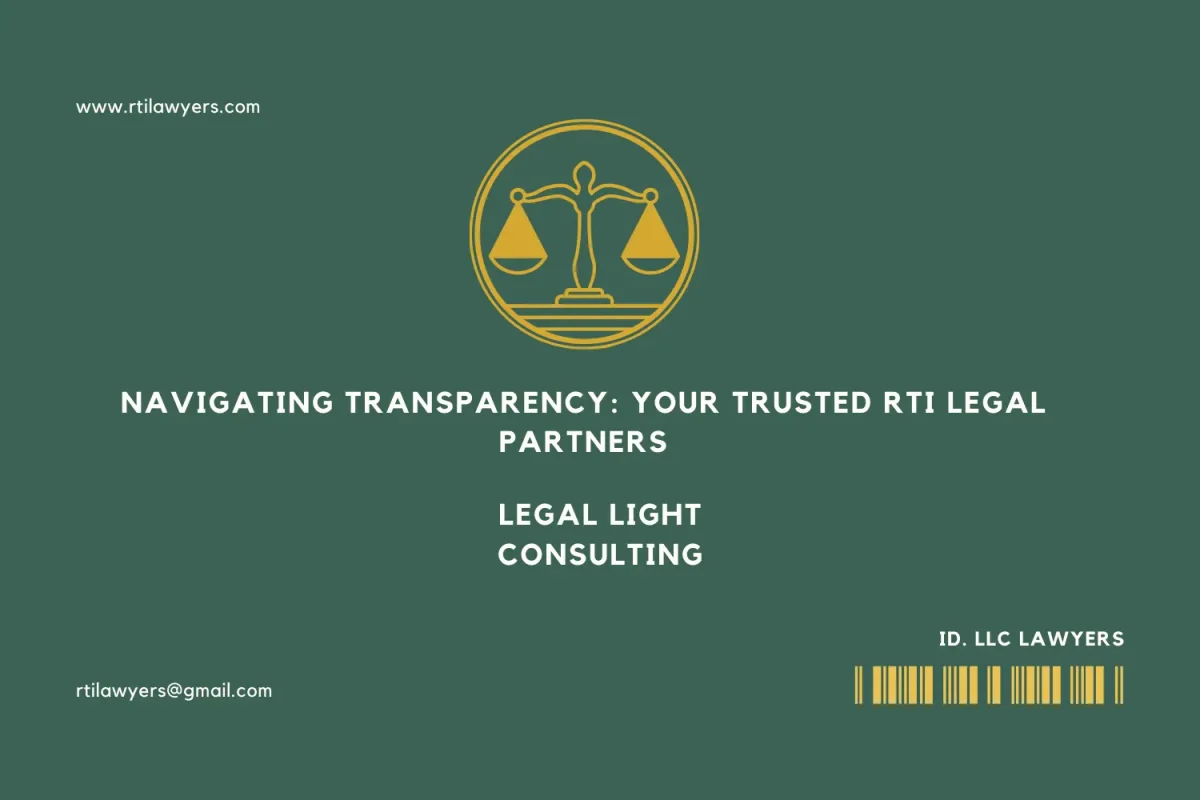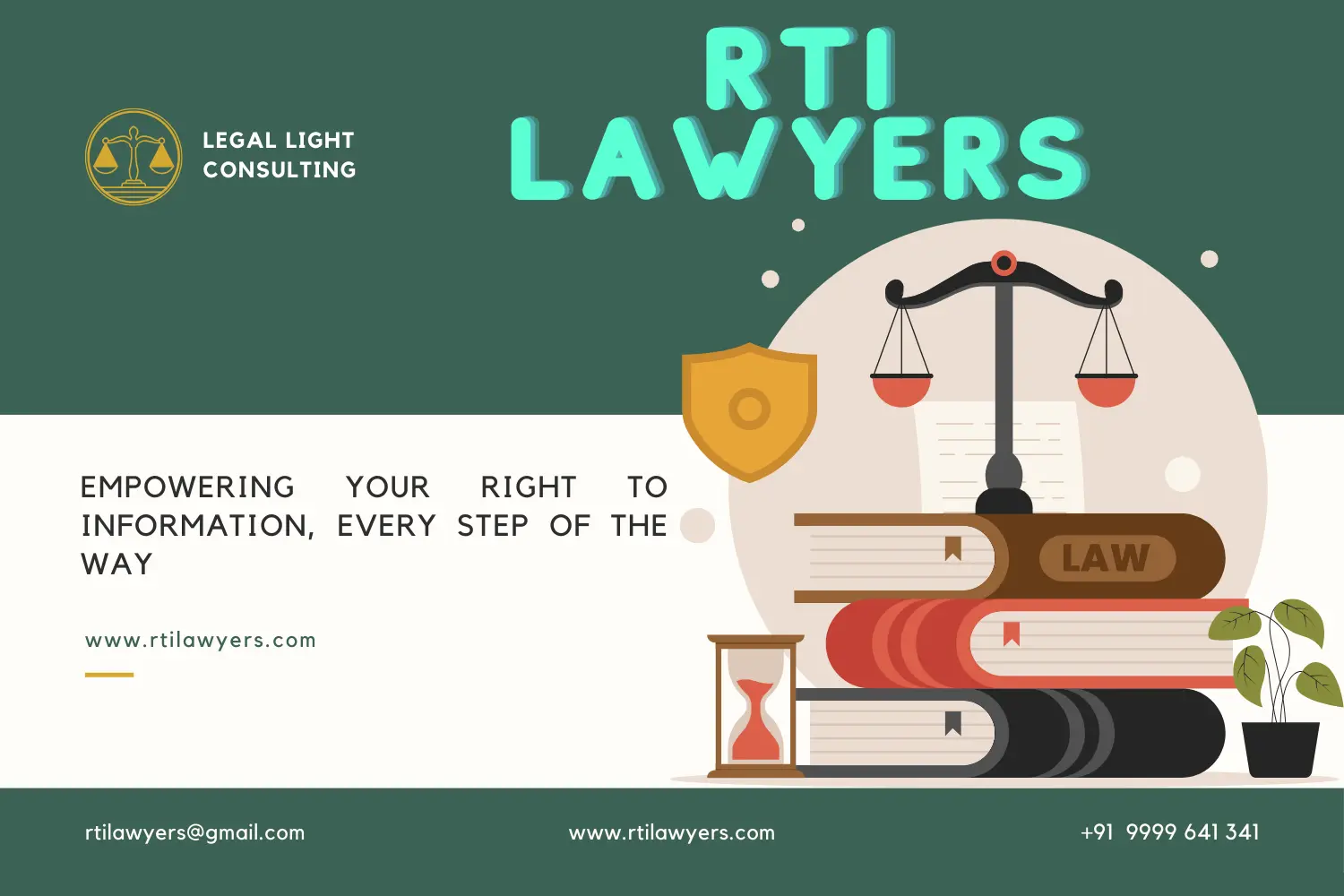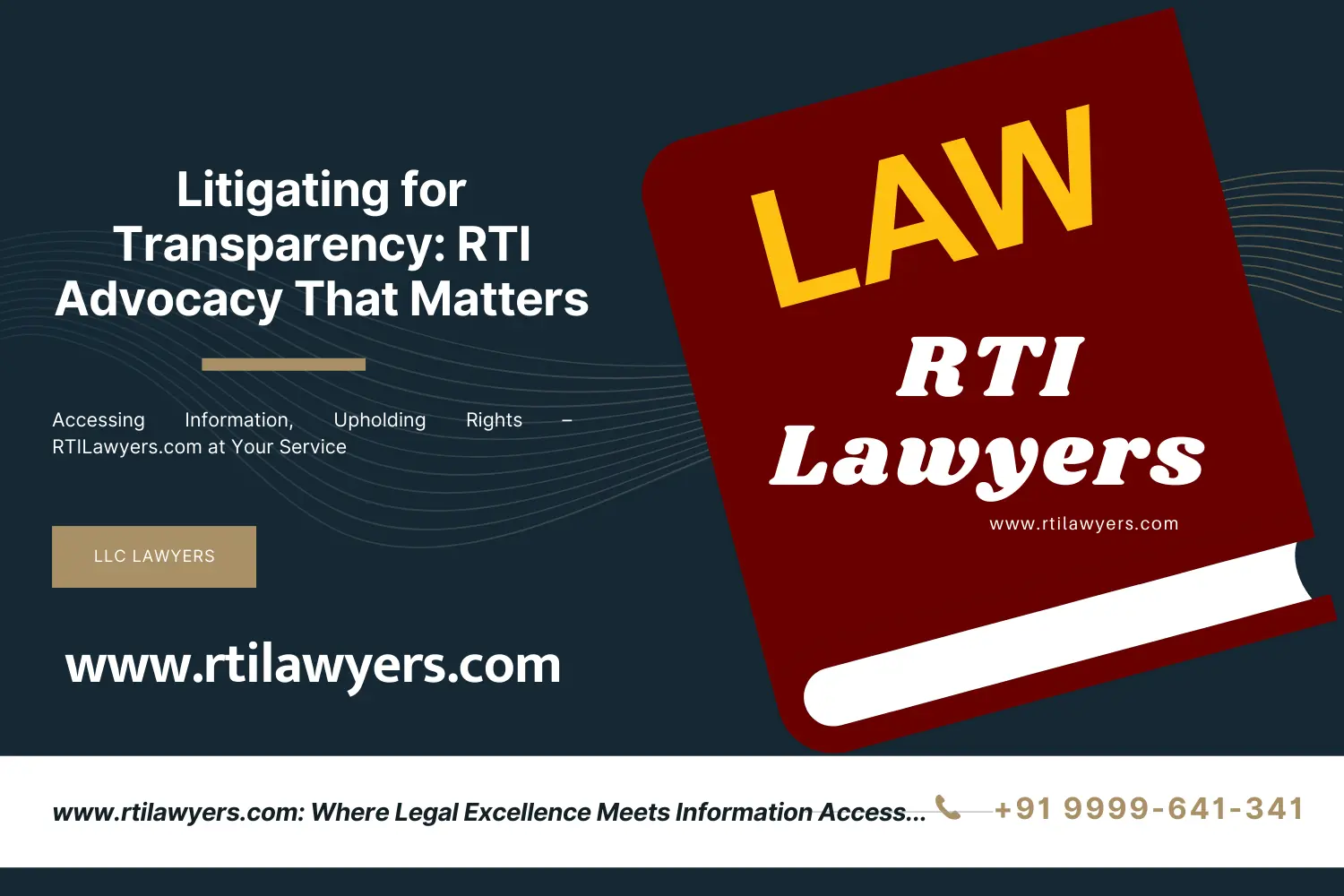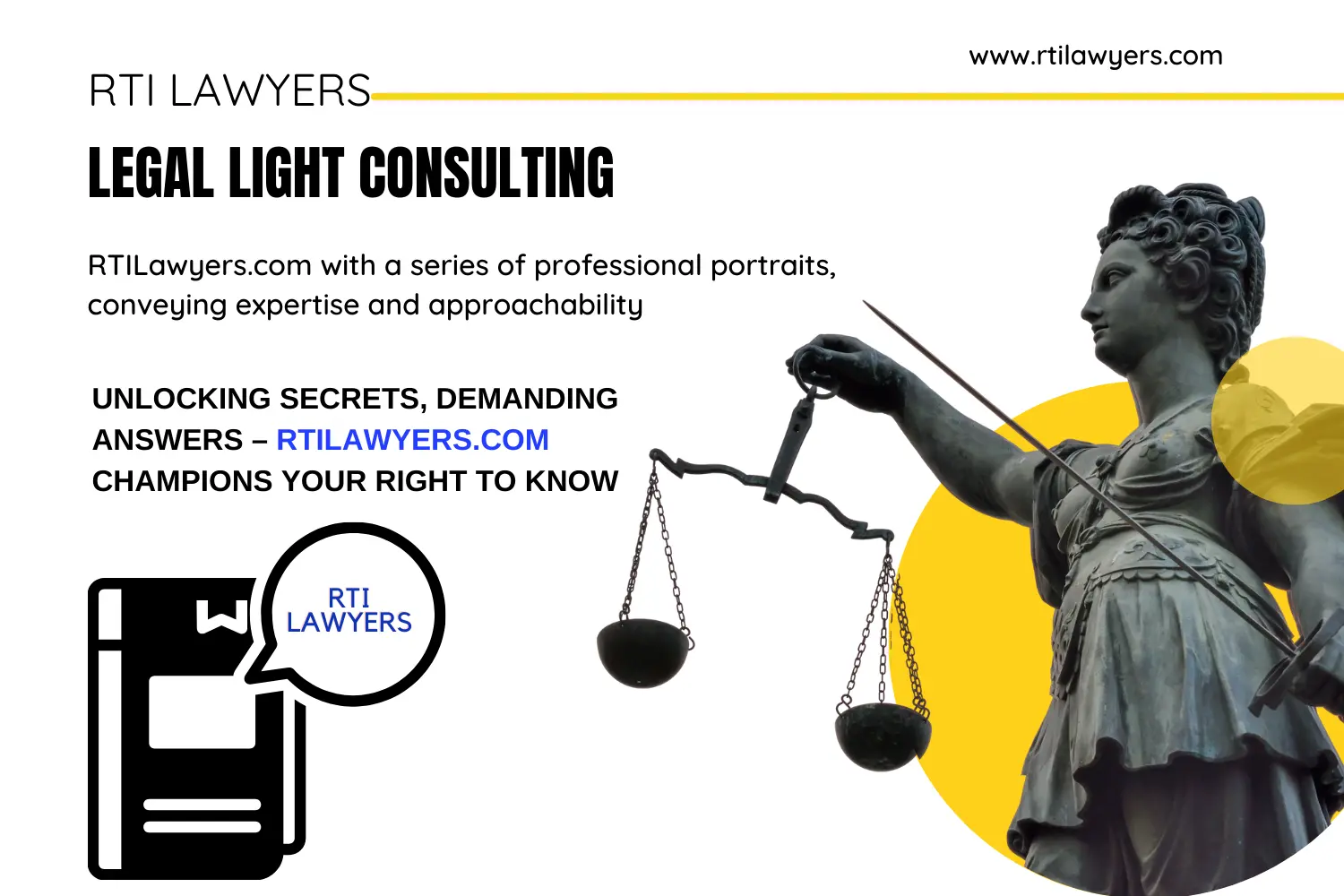Fairness and Timeliness: Hearing Procedures at the Information Commission under the RTI Act
The Right to Information (RTI) Act, 2005, upholds the principles of transparency and accountability in governance, providing citizens with a mechanism to seek information and resolve disputes. This article sheds light on the procedures governing the hearing of cases at the Information Commission, addressing the entitlement of complainants or appellants to priority, the right to a hearing, and the timelines involved.
- Legal Consultation
- RTI Application Drafting
- RTI Application Review
- RTI Appeal Services
- RTI Litigation Services
- RTI Training Workshops
Priority in Hearing:
The Information Commission diligently adheres to a chronological order when taking up complaints and second appeals under the RTI Act. This fair and systematic approach ensures that each case is considered in the sequence in which it is received. However, the Commission retains the discretion to accord precedence in specific instances, depending on the unique facts and circumstances of a case. This flexibility allows for an equitable and just resolution process, adapting to the diverse nature of cases that come before the Commission.

Entitlement to a Hearing:
Appellants, whether filing complaints or second appeals, are entitled to a hearing before the Information Commission. This right to be heard is a fundamental aspect of ensuring fairness and due process in the adjudication of RTI matters. It provides individuals with the opportunity to present their case, provide evidence, and engage in a dialogue with the Commission, fostering transparency and accountability.

Timelines for Case Disposal:
The Information Commission is committed to expeditiously disposing of second appeals and complaints. The continuous receipt of these appeals and complaints prompts the Commission to address them as promptly as possible. Cases are taken up in the order of receipt, maintaining a fair and efficient queue system. Additionally, the Commission has the authority to accord priority hearings in specific cases or classes of cases, as directed by the Chief Information Commissioner (Chief IC) or the Information Commissioner (IC) concerned.
Access to Case Information:
To ensure transparency and provide accessibility to the public, the Information Commission makes available a complete list of pending cases for each Chief IC and IC on its official website. This list facilitates public scrutiny and awareness of the status of cases. Furthermore, the Commission publishes a Cause List on its website, indicating the dates of hearings for various cases, enabling interested parties to keep track of proceedings.
Conclusion
The Information Commission’s commitment to fairness, transparency, and timeliness in the adjudication of RTI cases is evident in its procedural framework. While adhering to chronological order, the Commission remains flexible to prioritize cases as warranted. The entitlement to a hearing and the dissemination of case-related information on the Commission’s website further enhance the accessibility and accountability of the RTI resolution process. In upholding these principles, the Commission continues to play a pivotal role in realizing the objectives of the RTI Act.







